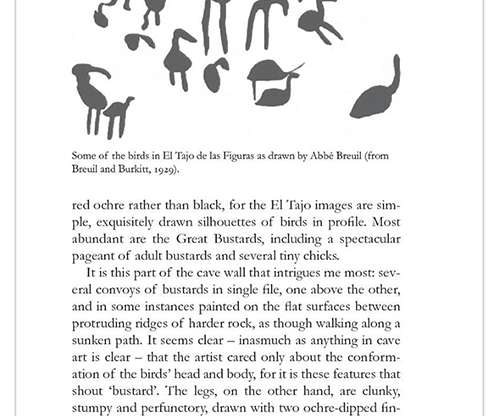Birding Dilemma No.23 – Taking family for granted.
10,000 Birds
SEPTEMBER 9, 2017
She happens to live in the middle of the New Forest, 94,000 acres of heath and woodland, protected as a National Park and probably the UK’s best area in which to find Dartford Warbler. This dilemma comes from a visit to see my sister this week and being squeezed for time. So what does one do?

















Let's personalize your content